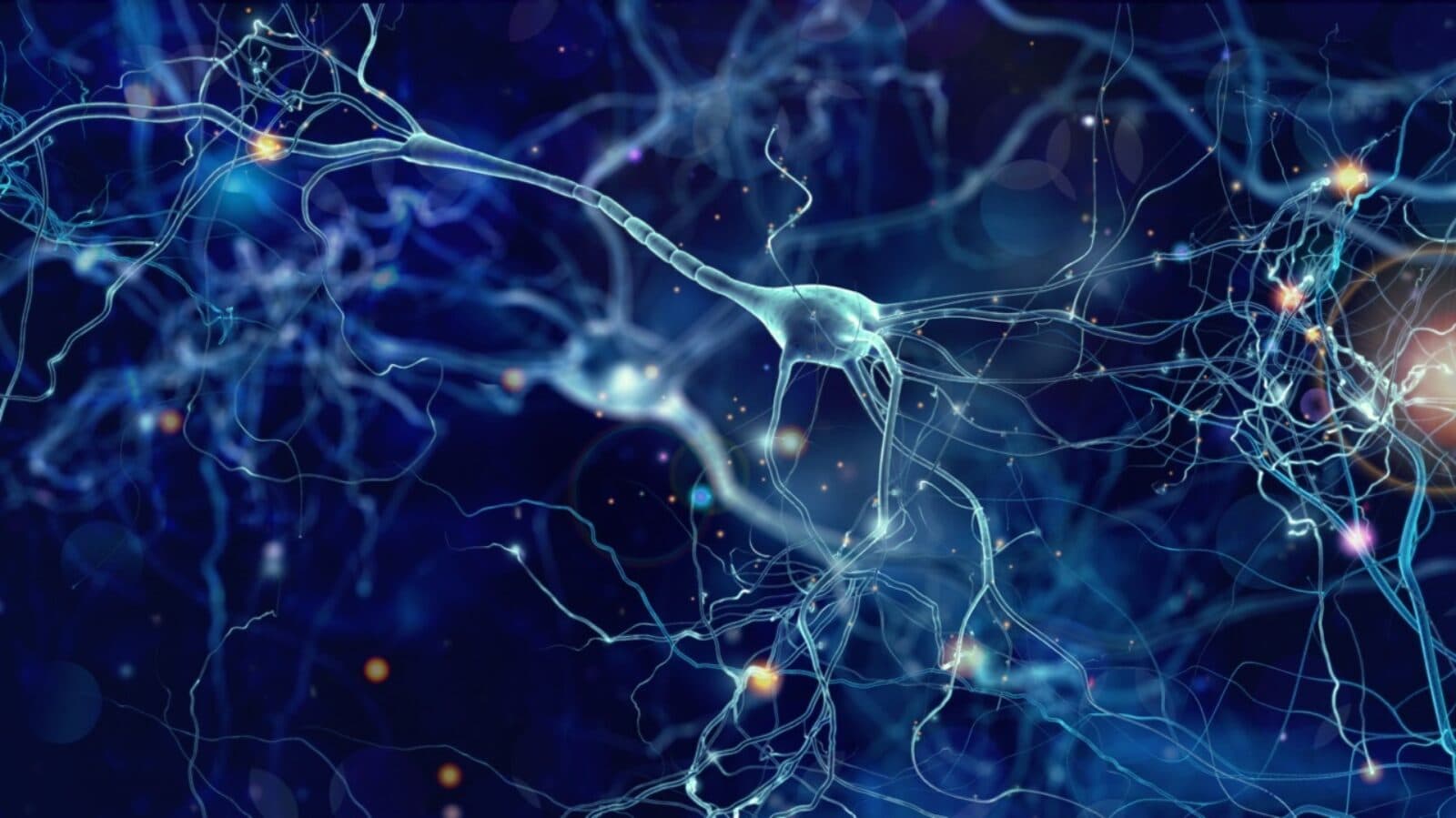Spotlight Live: Language Development & Babies
by Bruce Lieberman
Babies can make memories in the womb. What are they remembering?

The Author
The Researchers
Three researchers – Eino Partanen from the University of Helsinki and lead author of the recent study; Jeff Elman from the Kavli Institute for Brain & Mind at the University of California, San Diego; and Christine Moon from Pacific Lutheran University in Tacoma, Washington – answered questions about this new study, early language development, and the making of memories in the womb.
About the Participants
- JEFF ELMAN – Dean of the Division of Social Sciences at the University of California at San Diego, founding co-director of the Kavli Institute for Brain & Mind, Distinguished Professor of Cognitive Science, and Chancellor’s Associates Endowed Chair. Prof. Elman’s primary research interests are on language processing and learning. He studies language both through computational models and also through psycholinguistic and neuroimaging studies. Current projects include developmental studies that focus on language learning in the first year of life.
- CHRISTINE MOON – Professor of Psychology, Pacific Lutheran University; Associate Professor, Department of Speech and Hearing Sciences; Affiliate Faculty, University of Washington, Seattle. Dr. Moon’s primary research interest is the effect of very early experience on the perception of speech sounds and voice recognition. Her laboratory is in the mother/baby care unit at Madigan Army Medical Center in Tacoma. Dr. Moon is co-founder of the International Perinatal Brain and Behavior Network.
- EINO PARTANEN – Researcher at the University of Helsinki and a neuropsychologist at Hospital District of Helsinki and Uusimaa (HUS). He is currently finishing his PhD in psychology in the Cognitive Brain Research Unit and the Finnish Center of Excellence in Interdisciplinary Music Research. His research focuses on precognitive perception of speech features in fetuses, newborns, children and adults. In addition, he has worked on studies of pre-term infants and their cognitive development.
- BRUCE LIEBERMAN (moderator) – Freelance science writer and moderator. Bruce has more than 20 years of experience in the news business. He worked as a reporter at daily newspapers for many years before becoming an independent writer and editor in 2010. For The Kavli Foundation, he has interviewed researchers about numerous topics in astronomy & astrophysics, neuroscience and nanotechnology. He has also written for Scientific American, Smithsonian Air & Space and Sky & Telescope magazines, and other media outlets about a variety of science topics.
Your Questions
- What has this new study told us that we hadn't known before? (3:50)
- Does this change our thinking about how we develop language skills? (4:55 )
- Does this study have any practical application for expectant parents? (7:25 )
- Can we tell if babies consciously recall these memories or if it is just a reaction? (10:20)
- Does a study like this have any bearing on language disorders? (11:25)
- Could some language deficits be caused by a-typical in utero experiences? (13:15 )
- What activities, auditory or tactile, started in the womb could continue after birth to for maximized long-term effect? (16:40)
- Does additional educational stimulation help the development of a baby in utero? (18:45)
- What part of the brain processes language and how do children/babies process language differently than adults? (20:15)
- Does the mind invent a language to communicate even if we have no real vocabulary? (24:15)
- Is language essential to the development of the human mind? (27:50)
- What experiments would you like to see done in the future related to this topic? (29:25)